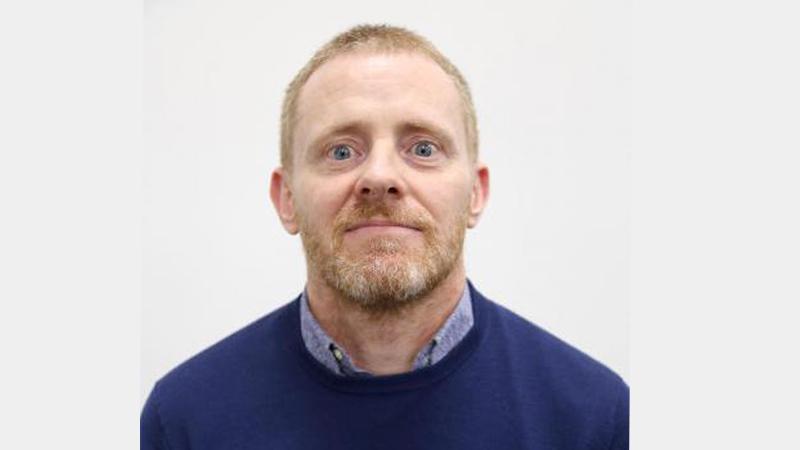Damien Ridge, Professor of Health Studies at the University of Westminster, has co-written an article for The Conversation, entitled, What’s It Like Being a Young Person with Long COVID? You Might Feel Like a Failure (But You’re Not). The piece was co-authored by Professor Ridge, Associate Professor Ana Leite from Durham University, and Professor Nisreen Alwan from the University of Southampton.

The writers encourage the audience to imagine themselves as a young, athletic person suddenly catching COVID. A few weeks or months later these individuals notice strange, frequently severe symptoms, such as feeling unwell after exercise, being exhausted after going out with friends, or difficulty breathing from doing everyday house chores.
Their doctor would not find anything out of ordinary after running some tests, and would suggest it might be long COVID, but knowledge about the condition it is still very limited. As the article points out, many young people can feel like a failure due to the sudden change in their physical abilities.
Long COVID is a chronic medical condition that causes symptoms at least four weeks after an infection for 2.7% of people aged between 17-24 and 3.6% for those aged between 25-34. The severity varies from person to person, with many unable to exercise, or describing cognitive problems, referred to as ‘brain fog’.
This condition is episodic and unpredictable, causing fluctuation in energy levels. The writers draw attention to how this ‘invisible’ illness can lead to identity issues due to the loss of roles, and it can be trivialised by medical professionals, especially in the case of women and minority groups.
At the end of the piece, the writers encourage people suffering from long COVID to seek supportive social networks and be patient with themselves in terms of any health improvements.
“Regressing after a period of good health may be particularly difficult. Know that it’s normal to feel frustrated with the illness and with yourself, wondering if you’re doing anything to trigger these symptoms. But try to be as compassionate with yourself as you can. It’s not your fault, and long COVID does not make you a failure. Remember you’re doing the best you can under the circumstances,” the article suggests.
Ridge is also co-leading the HI-COVE investigation into long COVID along with Dr Nina Smyth, Reader of Social Sciences at Westminster. The research, funded by the National Institute of Healthcare Research (NIHR), aims to understand what it is like for people from under-served groups to experience long Covid.
Read the full piece on The Conversation’s website.


